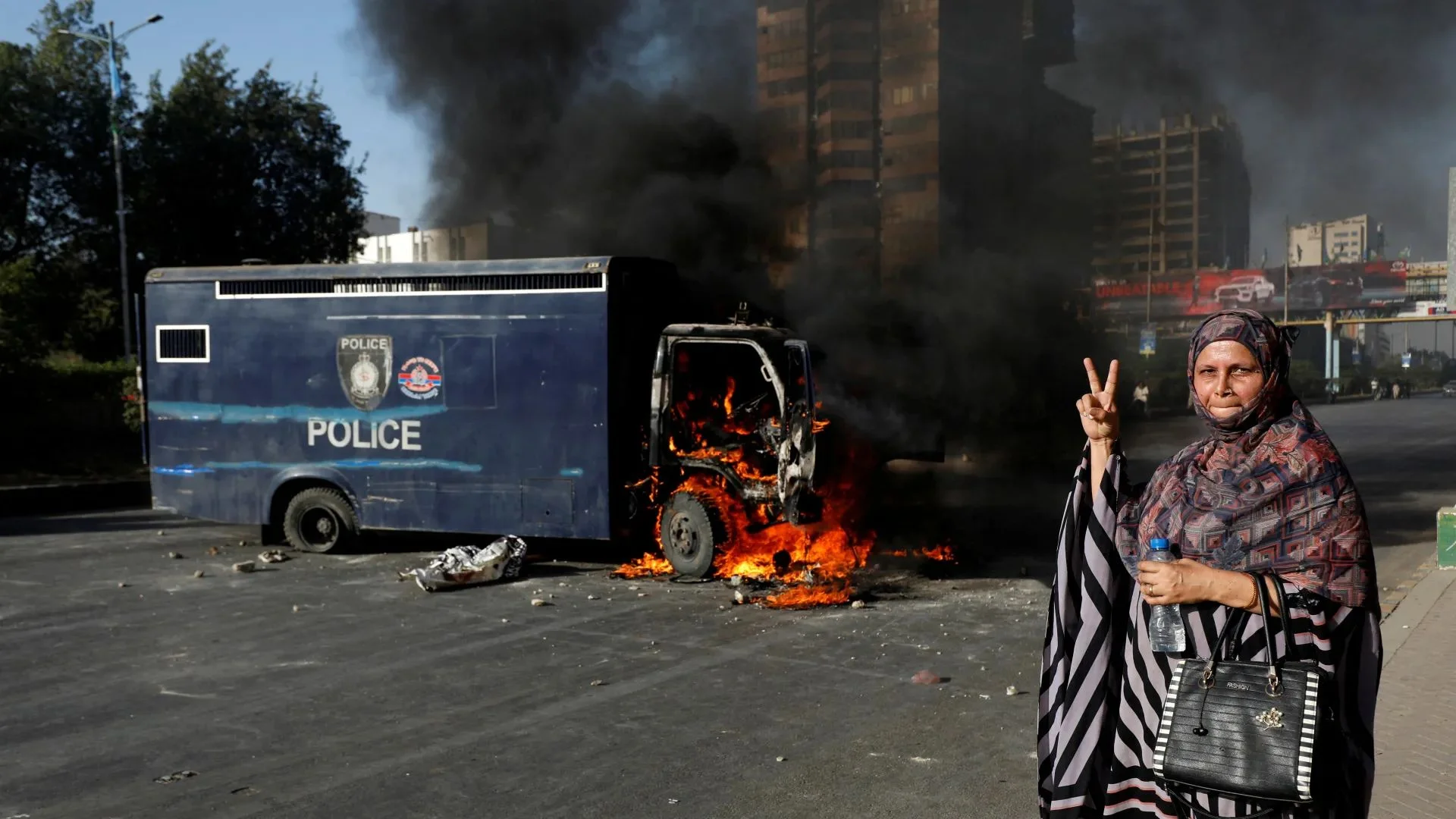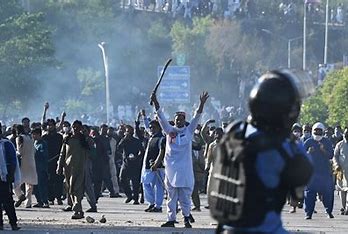
Pakistan’s government is facing criticism for its recent internet throttling measures, as activists and business leaders claim that the state is using these restrictions to suppress dissent. Since July, internet speeds across the country have plummeted by up to 40 percent, and popular messaging app WhatsApp has experienced disruptions affecting its document-sharing and voice note functionalities. This slowdown is believed to be linked to the government’s implementation of a new national firewall designed to monitor and control online activities.
Digital rights activists argue that the firewall is aimed at increasing surveillance and censoring political dissent, particularly targeting criticisms of the security establishment. Usama Khilji, a digital rights expert, told AFP that the firewall’s main function is to restrict criticism of the government and military, which has been embroiled in controversies and political interference.
Government’s Acknowledgment and Legal Challenges
The Pakistani government, which analysts say is influenced by the military, has been reluctant to publicly discuss the slowdown. Defense Minister Khawaja Muhammad Asif recently confirmed that a transition is underway, which will eventually restore internet services but include controls to prevent “threatening and defamatory content” against the state. This vague acknowledgment has done little to quell public concerns.
In response to the government’s actions, prominent journalist Hamid Mir has filed a legal challenge at Islamabad High Court, demanding transparency regarding the firewall’s implementation. The case is set to be heard on Monday, reflecting the growing frustration over the lack of clarity surrounding these restrictions.
Economic Consequences and IT Sector Strain
The internet slowdown is putting Pakistan’s economic recovery at risk, particularly affecting its IT sector. The Pakistan Software Houses Association estimates that the disruption could cost the IT industry up to $300 million. Shahzad Arshad, head of the Wireless & Internet Service Providers Association of Pakistan, warns that continued restrictions might lead to a significant exodus of businesses from the country, further damaging its economic prospects.
The government’s efforts to promote Pakistan as an “IT city” through advertisements in New York’s Times Square stand in stark contrast to the domestic reality of internet disruptions. This irony highlights the potential long-term damage to Pakistan’s reputation as a reliable hub for IT and technology services.
Impact on Fundamental Rights and Political Landscape
The broader implications of the internet controls extend beyond economic concerns, touching on fundamental rights and freedoms. Activists have long criticized the government for its tight grip on media and internet freedoms, which has already stifled free speech in the conservative country. The social media platform X (formerly Twitter) remains banned in Pakistan following its use to highlight alleged election rigging, further restricting the flow of information.
Shahzad Ahmad, head of the digital rights watchdog Bytes for All, warns that the firewall could erode trust among IT investors and undermine citizens’ fundamental rights. As political tensions continue to rise, the government’s actions are seen as part of a broader strategy to control dissent and maintain power.
In summary, Pakistan’s internet slowdown, attributed to the testing of a national firewall, is raising alarms about its economic impact, legal challenges, and implications for fundamental rights. The government’s move to control online spaces has sparked widespread concern among activists, business leaders, and citizens alike.















